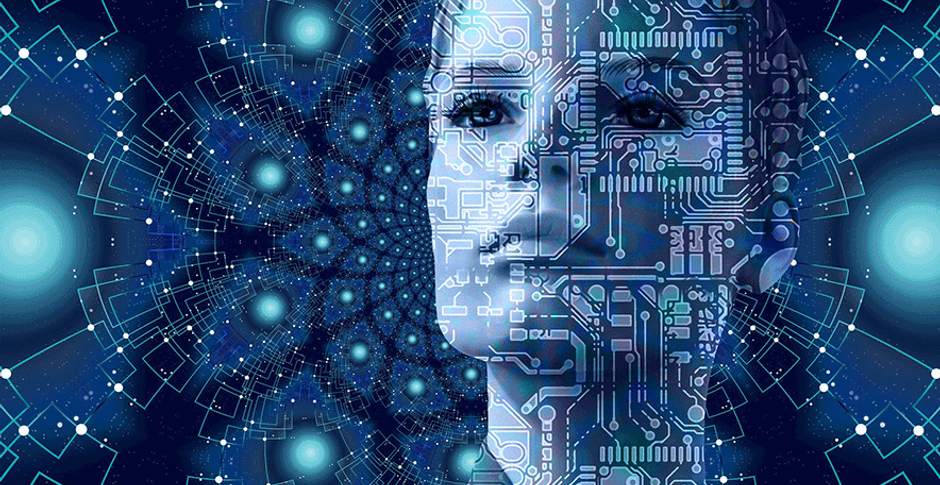
Cognitive approach to talent acquisition
We are currently living in an era that is experiencing the quickest pace of change. As the field of HR continues to change and moves towards digital transformation, the adoption of technology is inevitable. One of such technological improvement to look into going forward will be cognitive computing in HR.
What is cognitive computing and cognitive recruiting?
Although computing has been around for a long time now, its functions still fail to consistently perform the simplest of tasks, such as telling apart specific objects in a picture, or understanding human language. This is because computing allows the recording, storing and sharing of data but these data do not give meaning to the computers that store them. It will be different with cognitive computing.
So what is cognitive computing? It is a computing system that is able to simulate the human thought processes and make sense of the data received through a combination of components such as language processing, machine learning, and image recognition.
By applying cognitive computing technology in HR, the term cognitive recruiting was coined. Cognitive recruiting in HR simply means that the HR system is able to understand data through analyses, learn from these data and provide output that users can act upon. This allows HR professionals to be able to know, for example, which core skills do the organisation currently hires the most, or, which age group or experience level of employees tend to stay the longest with the organisation.
How is cognitive recruiting important to HR?
Based on a research by IBM, 66% of CEOs is of the opinion that cognitive computing can add value to HR, and 50% of HR professionals acknowledge its applicability in driving HR transformation. Meanwhile, up to 46% of HR professionals opine that it will be positive for talent acquisition and on-boarding. This means organisations and a significant section of the HR fraternity are throwing their support behind this trend.
Advantages of cognitive approach to talent acquisition
Improve the chances of finding good candidates Powerful computing capabilities in cognitive HR systems allow the vetting of potentially thousands of candidate applications and resumes within a short period of time. It can help to filter candidates with the right skill sets, experience, cultural fit, and even level of inclination towards learning, if the right data is available. This allows HR professionals to focus on a smaller pool of candidates who already match the prerequisites, improving the chances of hiring the right candidate.
Hone in on critical skills Through learning and identifying various skill sets within an organisation and successful organisations in similar industry, cognitive HR systems are able to hone in on the critical skills that are vital to operations. Such highlights can be handy; when organisations are tight on resources, it affords HR an overview of the areas that require immediate staffing, potentially strengthening crucial operations and reducing misallocation of costs. It also provides heads-up to HR to look for such critical skills in order to improve the organisation.
Repeat, learn, and improve on strategic hiring The machine learning component in cognitive computing leverages on existing data and enhances it by building profiles of successful candidates, based on various criteria. Knowing the profiles of, say, employees who least demand pay increases, or, employees who are most productive, greatly enhances an organisation’s ability to make strategic decisions.
Improve candidate experience Candidate experience occurs throughout the talent acquisition phase. This is where organisations have to tread carefully or risk giving unsatisfactory experience to candidates. Here, cognitive computing allows HR systems to analyse the minute details of the vast amount of candidate interactions and provide clues as to what gives good or poor candidate experience. This allows HR to adopt a different approach, based on various factors that gave rise to good candidate experience.
It is crucial to recognise that, without the assistance of technology, many great organisations would not have achieved successes. As there is only so much human labour can perform, it may be technology adoption that makes good companies great by streamlining operations, giving that extra edge to organisations that made all the difference. By deciding to not implement and adopt technologies, organisations risk taking a step backward.
This article is either written or edited by JobsDB HK. If you would like to publish it on other website or publication, please contact us by email: [email protected]. JobsDB reserves the right to take legal action against any person that infringes the copyright.